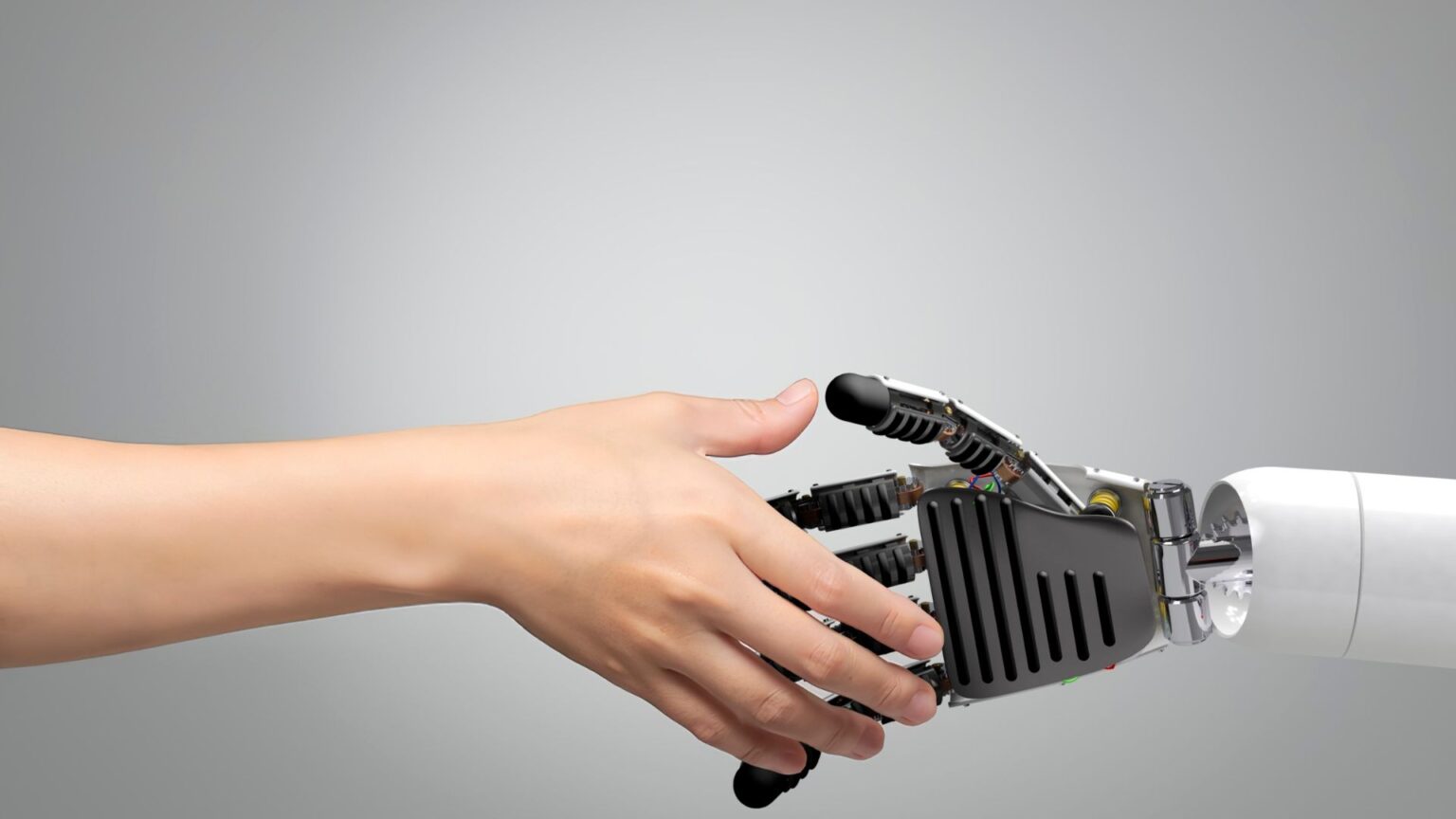AI and Screenwriting: How to Keep Your Voice in the Machine-Driven Era
In an age where AI tools are writing everything from emails to short films, screenwriters face a new kind of creative tension—how do we keep our unique voices when the machines can mimic style, structure, and storytelling? The answer lies in what only humans can offer: lived experience, emotion, and personal truth.

The Rise of the Machines
AI has transformed the creative process. Screenwriters now have access to tools that can generate dialogue, suggest story arcs, or even write entire scenes. It’s fast, efficient—and tempting. Why labor over a scene for hours when a machine can spit out 10 options in seconds?
But with that convenience comes a risk: sameness. If everyone uses the same tools in the same way, storytelling becomes uniform. And that’s the antithesis of art.

Why Human Voice Still Matters
At the heart of every powerful screenplay is human emotion. Machines can simulate sentiment, but they don’t feel it. They haven’t experienced heartbreak, cultural identity, or the inner contradictions that define us. Audiences connect with vulnerability, imperfection, and complexity—the fingerprints of a human writer.
AI is excellent for generating ideas or breaking through writer’s block. But it lacks intuition. Your job is not to fight AI, but to make sure it works for you, not the other way around.
Staying Authentic in a Machine-Aided World
Here are some practical tips:
- Start with your truth. Your personal voice, background, and values should lead the creative process.
- Use AI as a tool, not a ghostwriter. Let it assist with brainstorming, not decision-making.
- Infuse your scripts with details only you know. Lived experience, specific cultural insights, or unusual perspectives.
- Edit like a human. Machines can write drafts, but only you can sculpt them with purpose and feeling.

The New Frontier
The future of storytelling isn’t either AI or human—it’s both. Writers who embrace technology while fiercely protecting their voice will define the next era of screenwriting.

“Say who you are. Really say it in your life and in your work. Tell someone out there something true before you die.”
That’s something no algorithm can replicate.
